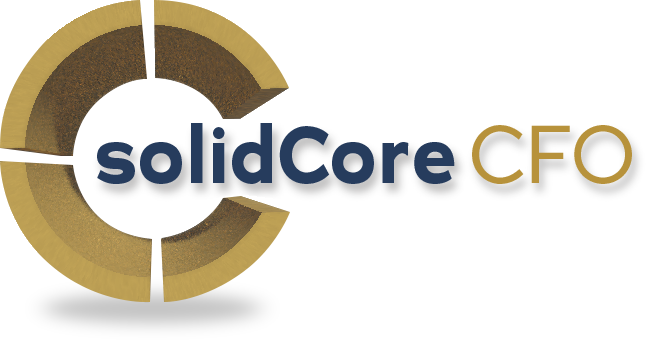The One Big Beautiful Bill Act (OBBBA) introduces a temporary but potentially impactful tax benefit for employees and indirectly, for employers who want to support their workforce and stay compliant. One key update is a new deduction for overtime pay, which could influence how businesses approach compensation and year-end tax planning.
What Counts as Deductible Overtime?
This isn’t a blanket deduction for all overtime wages. Under the OBBBA, only the premium portion of overtime pay qualifies. That means the extra amount paid above the standard hourly rate defined by the Fair Labor Standards Act (FLSA) is deductible.
- Example: If your employee earns $40/hour normally and $55/hour for overtime, only the $15 premium per overtime hour is eligible for the deduction not the full $55.
- This distinction matters for payroll reporting and employee education. Misunderstanding it could lead to inaccurate tax filings or missed opportunities.
Deduction Limits and Income Thresholds
The deduction isn’t unlimited. Here’s how it breaks down:
| Filing Status | Maximum Deduction |
|---|---|
| Single | $12,500 |
| Married Filing Joint | $25,000 |
Temporary Window: 2025–2028
This deduction is only available for tax years beginning in 2025 and ending after 2028. That gives a four-year window to take advantage of it. Business owners should:
- Inform employees about the benefit
- Adjust payroll systems to track premium overtime accurately
- Coordinate with tax professionals to ensure proper documentation and planning
Strategic Takeaways for Your Employers
- Educate your team: Employees may not understand that only part of their overtime pay qualifies. Clear communication helps avoid confusion.
- Review compensation structures: If your business relies heavily on overtime, this deduction could be a selling point for recruitment and retention.
- Plan ahead: Since this is a temporary provision, consider how it fits into broader compensation and tax strategies over the next few years.
If you have any questions, solidCore CFO is here to help. We are experts in business financial health and work with many CPAs and tax advisors.











